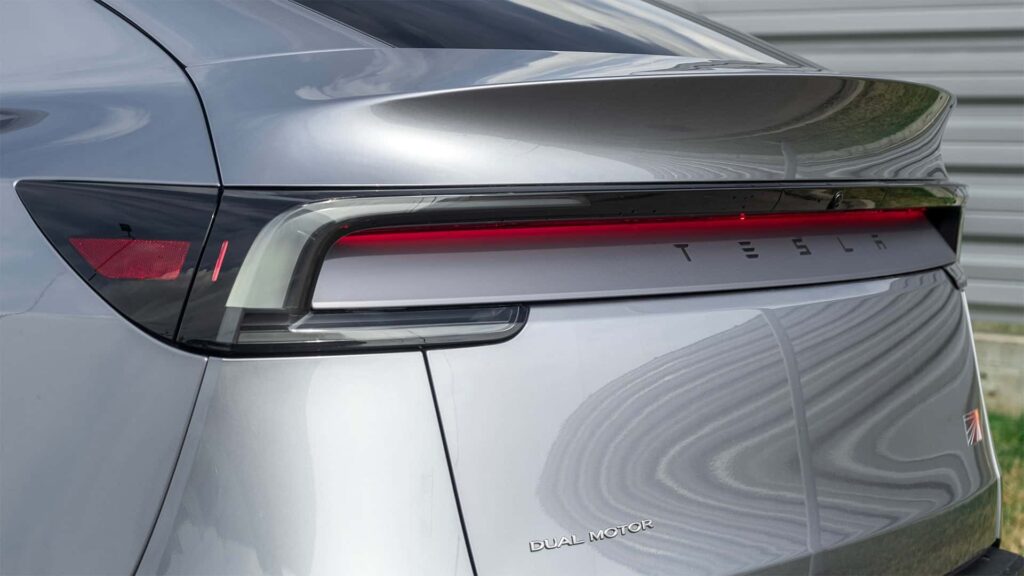Tesla Brand Loyalty Decline Sparks Surge in Trade-Ins
If your favorite burger joint suddenly transformed into a salad bar that only accepted cryptocurrency payments and played annoying music on repeat, would you still be a loyal customer? Probably not, unless you’re a die-hard Imagine Dragons fan who also happens to love salads and crypto. This scenario is somewhat similar to what’s currently happening at Tesla.
Recent data from Edmunds reveals that Tesla is experiencing a significant exodus of customers, with trade-ins skyrocketing by 250% year-over-year in the first quarter of 2025. Yes, you read that right – a whopping 250% increase in trade-ins.
The surge in trade-ins indicates that more Tesla owners are parting ways with their once-beloved electric vehicles in favor of alternatives. In March, Tesla trade-ins accounted for 1.4% of all cars traded in that were from model year 2017 or newer. While this may seem like a small percentage, it marks a substantial increase from just 0.4% in March 2024.
According to Jessica Caldwell, head of insights at Edmunds, factors such as Elon Musk’s increasing involvement in politics, concerns about Tesla’s depreciation, and the brand’s saturation in major cities are causing some longtime owners to feel disconnected from the brand. As a result, brand loyalty is becoming a growing concern for Tesla.
Data from Edmunds also indicates a decline in consideration among car shoppers looking at Tesla for their next vehicle purchase. The brand’s popularity peaked in November 2024 but has since declined, with fewer shoppers considering Tesla as their top choice.
Furthermore, Tesla’s models are being cross-shopped less frequently, with the Model Y losing ground to rival electric vehicles like the Ford Mustang Mach-E, Hyundai Ioniq 5, Kia EV6, and Kia EV9. General Motors has also reported that Teslas accounted for 11% of all trade-ins for its EVs in March.
Despite the increase in trade-ins, the used market for Tesla vehicles remains relatively stable for now. However, this could change as more trade-ins enter the market, potentially leading to a drop in prices.
As Tesla owners pay off their car loans and begin exploring other brands, Edmunds predicts that the brand could face challenges in retaining customers. While brand damage has already been inflicted by global protests and vandalism against Tesla vehicles and infrastructure, the future of the brand remains uncertain.
In conclusion, Tesla’s declining brand loyalty and the surge in trade-ins highlight a shifting landscape in the electric vehicle market. As Tesla faces increasing competition from other EV manufacturers, the brand must navigate these challenges to maintain its position in the market.

